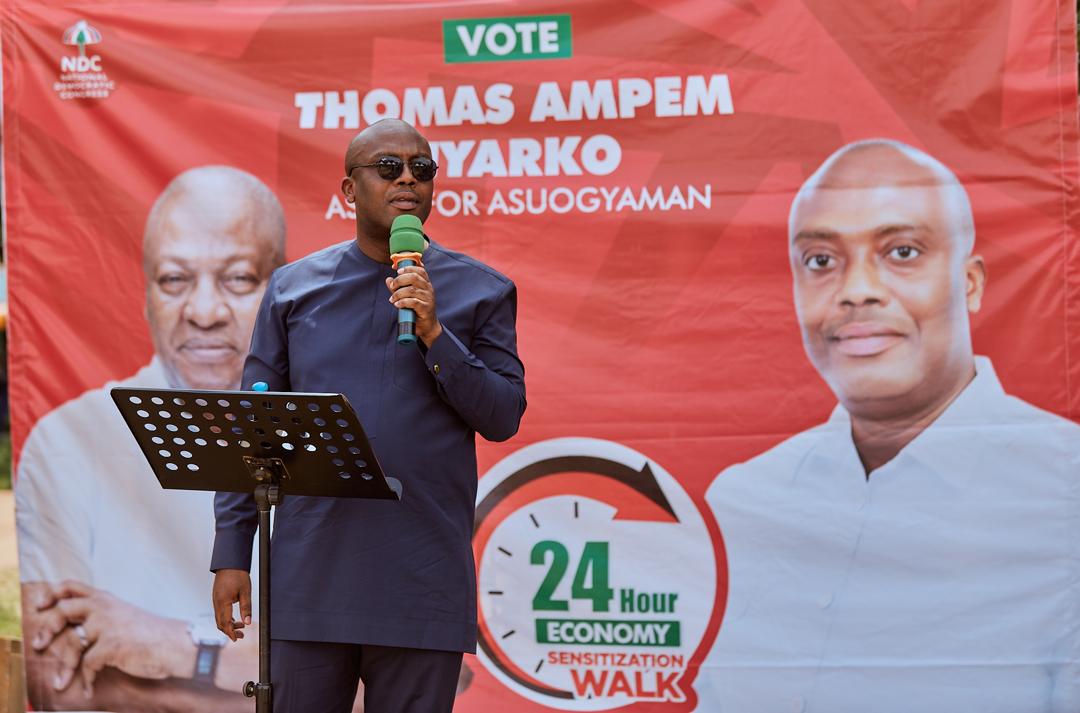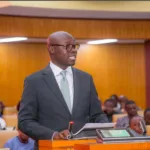The Member of Parliament for Asuogyaman, Thomas Ampem Nyarko, is advocating for dedicated budget allocations to state institutions to undertake continuous planned maintenance, rehabilitation, and renovation of existing infrastructure to save the country from financial waste.
Thomas Ampem Nyarko, who was recently appointed Chairman of the newly created Budget Committee of Parliament, highlighted the issue where attention is often given to constructing new projects without a maintenance plan. This, he noted, results in significant financial losses as infrastructure does not serve its intended lifespan.
According to the International Monetary Fund (IMF), inadequate maintenance increases lifetime costs while also decreasing benefits.
It posits that regular maintenance is usually a lower-cost way to keep infrastructure assets at serviceable standards compared to allowing quality to degrade until major rehabilitation work is needed.
The World Bank’s Africa Infrastructure Diagnostic study (Foster and Briceño-Garmendia 2010a, 15) estimates that preventative maintenance for the roads sector in Africa could save $2.6 billion a year in capital expenditures for rehabilitation.
Addressing the Labolabo community in Asuogyaman during a brief ceremony to commission a well-rehabilitated classroom block constructed nearly three decades ago, the MP lamented the country’s poor maintenance culture.
He lamented that everyone wants to start new projects for public praise, often ignoring already existing infrastructure.
“For me, I have made a deliberate effort to use part of my common fund to rehabilitate and maintain existing projects. I have renovated Asikuma Clinic, Boso Clinic, Mpakadan quarters, an infrastructure damaged by a rainstorm, and the roof of the Senchi classroom block.”
Hon. Ampem Nyarko added “As a country, when we are planning our budgets, institutions, particularly the Assemblies, should dedicate a percentage of the funds for the renovation of existing infrastructure. It makes no sense to ignore existing infrastructure to the point of severe deterioration when continuous maintenance could keep it in good shape with minimal expenditure,”
Source: Ghana/Starrfm.com.gh/Kojo Ansah




